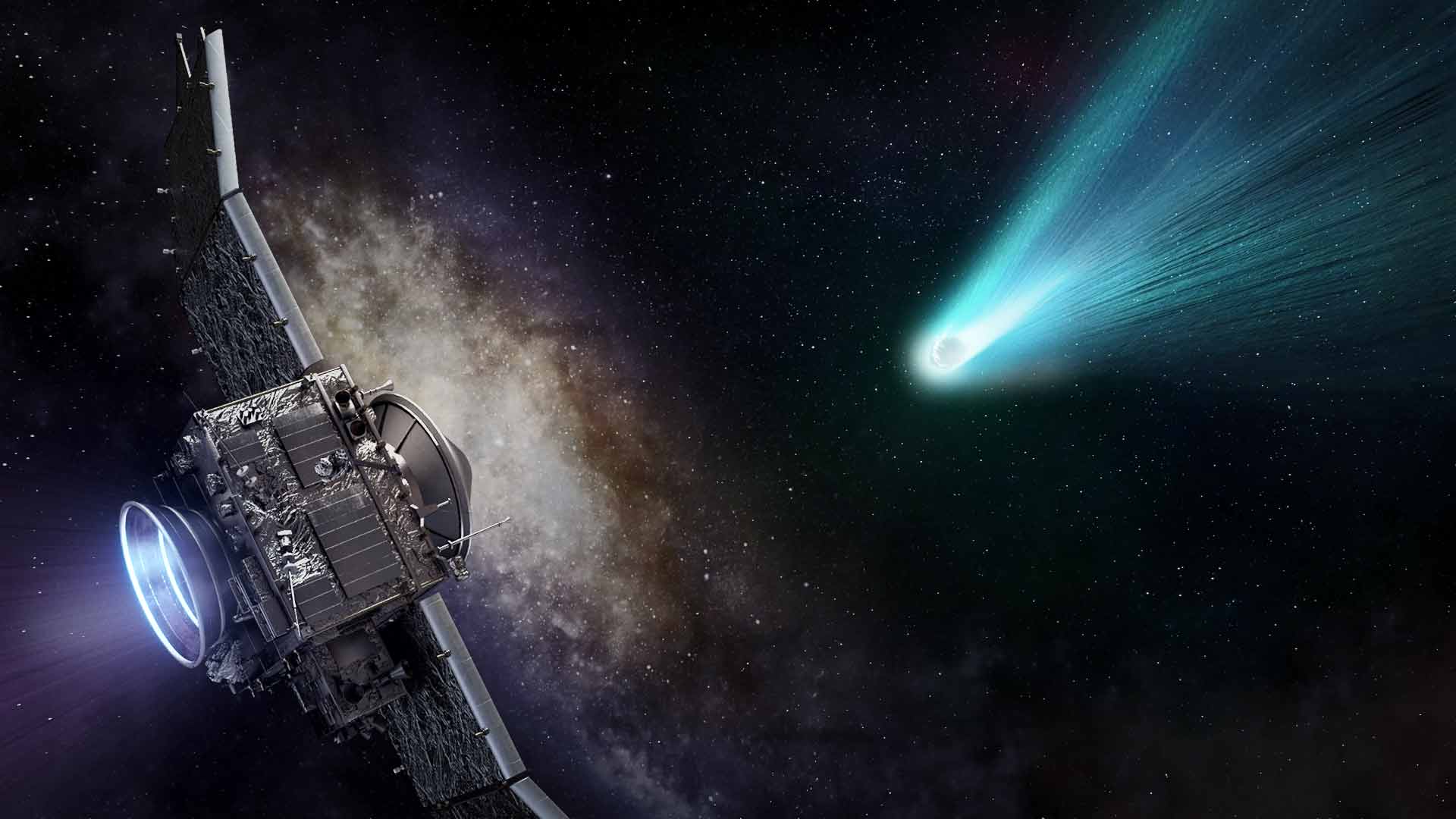Coronavirus vaccine developed in China shows promise after early study in 100 people
The vaccine appeared safe and able to generate an immune response.

A potential coronavirus vaccine developed in China appeared safe and able to generate an immune response after an early trial in more than 100 people, according to a new study.
The vaccine, called Ad5-nCoV, is being developed by the Chinese company CanSino Biologics, and was one of the first coronavirus vaccines to enter early human trials back in March. Now, there are more than 100 different coronavirus vaccines in development worldwide, with at least eight of those in the process of human trials.
Ad5-nCoV uses a weakened version of a common cold virus (known as an adenovirus) — which infects human cells but doesn't cause disease — to deliver a fragment of genetic material from SARS-CoV-2, the virus that causes COVID-19. This genetic material provides instructions for making the "spike protein" on the surface of SARS-CoV-2. The idea is that a person's immune system will create antibodies against the spike protein, which will help fight off the coronavirus if the person is later exposed to it.
Related: 20 of the worst epidemics and pandemics in history
In the new study, published Friday (May 22) in the journal The Lancet, the researchers tested Ad5-nCoV in 108 healthy people ages 18 to 60 who didn't have COVID-19. Participants received either a low, middle or high dose of the vaccine.
Two weeks after vaccination, participants in all three groups showed some level of an immune response to the virus. By 28 days, nearly all participants had developed antibodies that bound to SARS-CoV-2 (but don't necessarily attack the virus), and about half of the participants in the low- and middle- dose groups and three-quarters of participants in the high-dose group developed "neutralizing antibodies," which bind to and disable the virus to prevent it from infecting cells.
The most common side effects were mild pain at the injection site, mild fever, fatigue, headache and muscle pain, the study said.
Get the world’s most fascinating discoveries delivered straight to your inbox.
However, nine participants (two in the low dose group, two in the middle dose group and five in the high dose group) developed a fever of more than 101 degrees Fahrenheit (38.5 degrees Celsius), and one participant in the high dose group developed a high fever along with fatigue, shortness of breath and muscle pain. However these effects lasted no more than 48 hours.
Participants were aware of which dose they received, which may have affected their perceptions of the side effects, according to The New York Times.
"These results represent an important milestone," study senior author Wei Chen from the Beijing Institute of Biotechnology in Beijing, China, said in a statement "However, these results should be interpreted cautiously. The challenges in the development of a COVD-19 vaccine are unprecedented, and the ability to trigger these immune responses does not necessarily indicate that the vaccine will protect humans from COVID-19."
The researchers have now started a larger, phase 2 study of the vaccine involving 500 participants who will be given a low or intermediate dose of the vaccine, or a placebo. This study will also include participants over 60 years old, and will look at side effects up to six months after vaccination.
Several other coronavirus vaccine candidates reported promising developments this week. On Monday (May 18), biotech company Moderna announced that 45 volunteers who received doses of its vaccine candidate, called mRNA-1273, developed antibodies within 15 days, and that the level of antibodies seen in their blood was comparable to that seen in people who have recovered from COVID-19, Live Science previously reported.
In addition, researchers at Oxford University announced that their vaccine candidate, called ChAdOx1-nCov19, will now be tested in advanced clinical trials involving more than 10,000 people, and doses could be available as early as this September, according to NBC News.
- The 12 deadliest viruses on Earth
- 7 revolutionary nobel prizes in medicine
- 13 Coronavirus myths busted by science
Originally published on Live Science.
OFFER: Save 45% on 'How It Works' 'All About Space' and 'All About History'!
For a limited time, you can take out a digital subscription to any of our best-selling science magazines for just $2.38 per month, or 45% off the standard price for the first three months.

Rachael is a Live Science contributor, and was a former channel editor and senior writer for Live Science between 2010 and 2022. She has a master's degree in journalism from New York University's Science, Health and Environmental Reporting Program. She also holds a B.S. in molecular biology and an M.S. in biology from the University of California, San Diego. Her work has appeared in Scienceline, The Washington Post and Scientific American.



